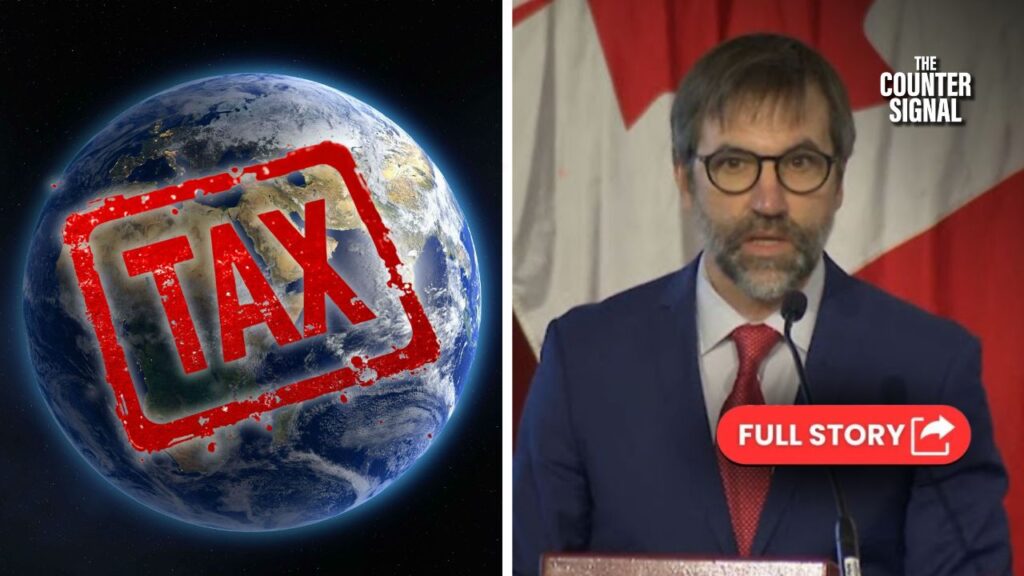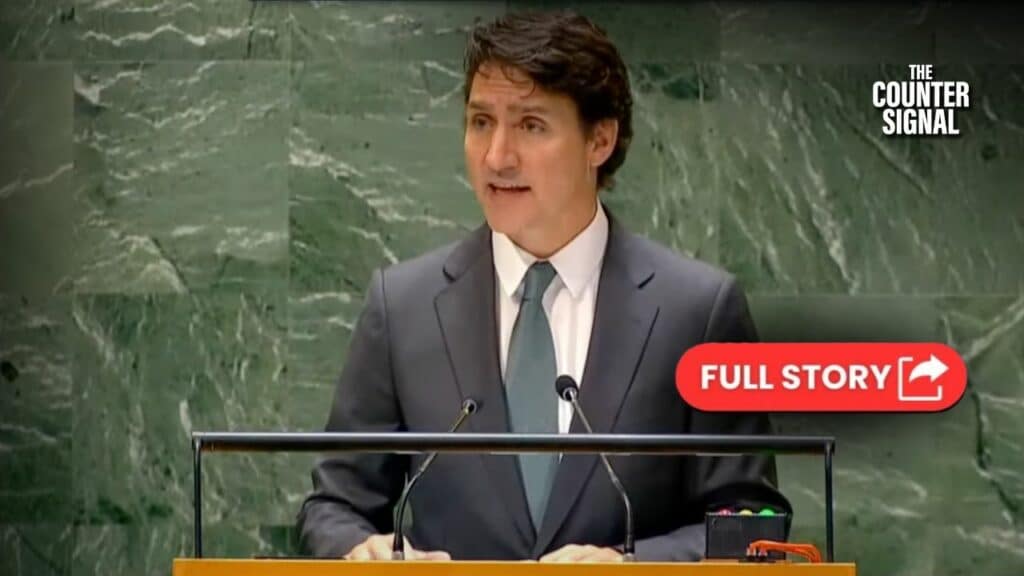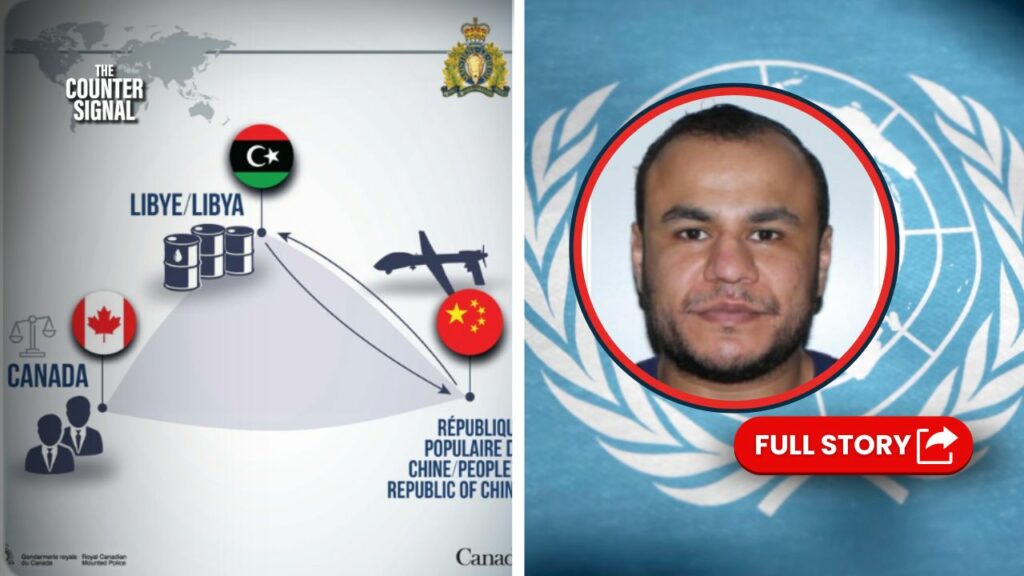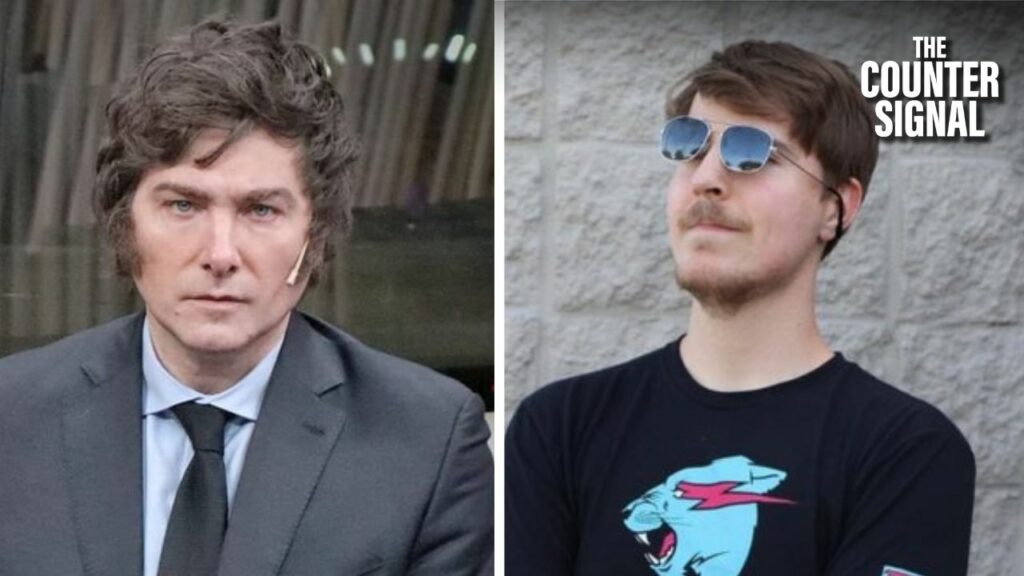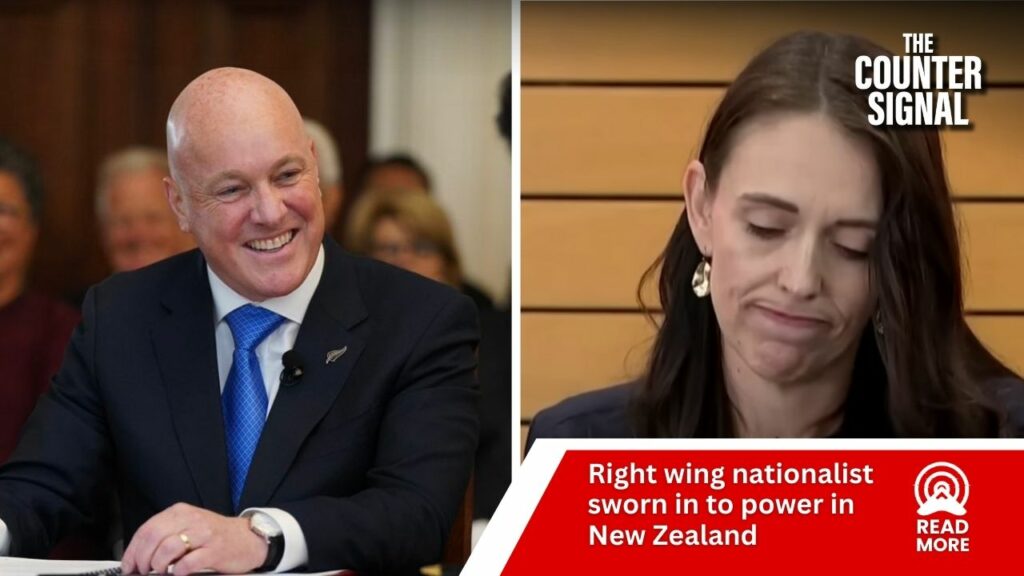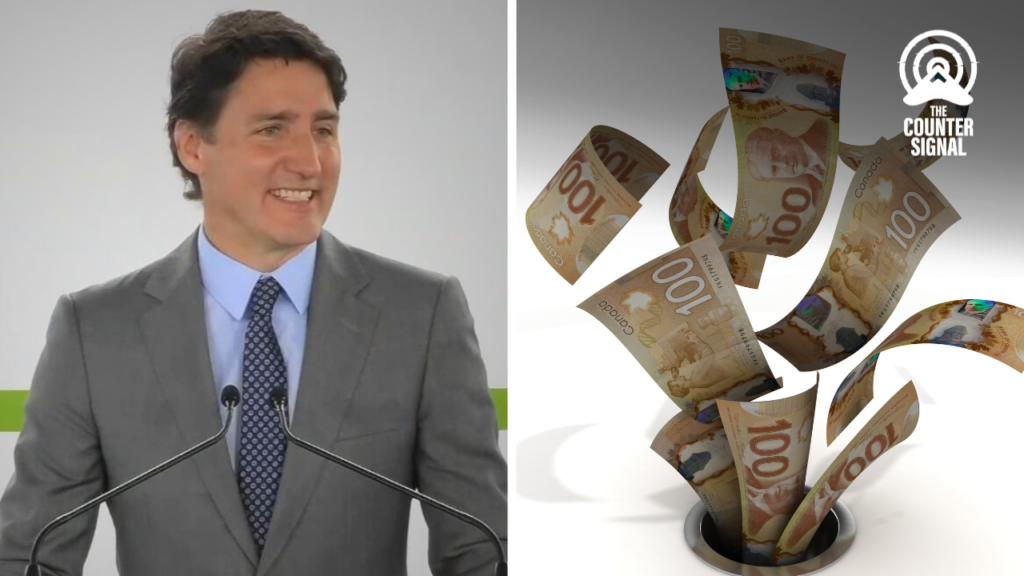New Zealand Prime Minister Jacinda Ardern told the United Nations she wants governments to censor the internet.
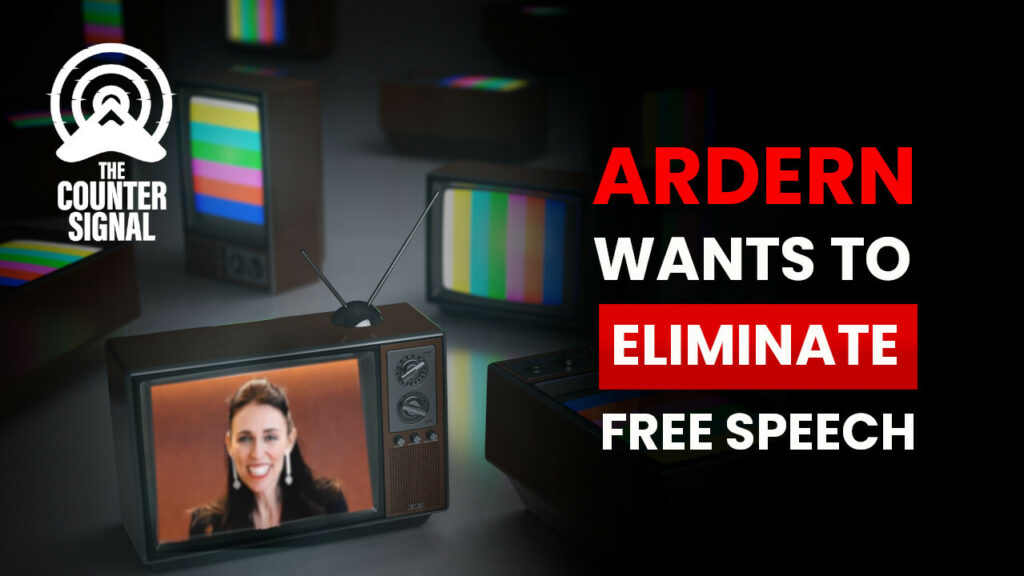
“How do you successfully end a war if people are led to believe the reason for its existence is not only legal but noble,” she said last week.
“How do you tackle climate change if people do not believe it exists? How do you ensure the human rights of others are upheld, when they are subjected to hateful and dangerous rhetoric and ideology?”
This is the face of authoritarianism – even though it looks different than you were taught to expect. And it's the mindset of tyrants everywhere:
— Glenn Greenwald (@ggreenwald) September 28, 2022
This is someone so inebriated by her sense of righteousness and superiority that she views dissent as an evil too dangerous to allow: https://t.co/kmG4zTgPwh
Ardern acknowledged that taking away free speech is a threat to society. But, she argued that disinformation is just as dangerous and, therefore, censorship is justifiable.
Ardern further connected free speech to war and chaos, suggesting censorship brings peace and order.
“The weapons may be different but the goals of those who perpetrate them is often the same. To cause chaos and reduce the ability of others to defend themselves. To disband communities. To collapse the collective strength of countries who work together.”
Any particular reason why 🇦🇺 🇬🇧 and 🇨🇦 are legislating online “safety” at the same time🤔. Wonder whom they are trying to protect 🪞
— F111Driver (@F111Driver) March 26, 2022
pic.twitter.com/zk9IMQ0sG8
Last year, Ardern said any information people seek regarding COVID-19 and vaccines should be directly from her government and no one else.
“We will continue to be your single source of truth. We will provide information frequently. Everything else you see, a grain of salt.”
“Unless you hear it from us, it is not the truth,” she added.
In March, Canada’s Foreign Affairs Minister Melanie Joly made an ominous call to censor the internet, claiming it’s needed to fight Russian “disinformation.”
“We’ve banned Russia Today and Sputnik on the broadcasting side,” Joly said. “We’ve pushed digital platforms to also ban them, but we need to do more.”
Earlier this year, the Liberals re-tabled Bill C-10, the broadcasting act that would limit what Canadians can see on the internet, on platforms like Youtube, in a move strikingly similar to what happened in China under the Chinese Communist Party.


